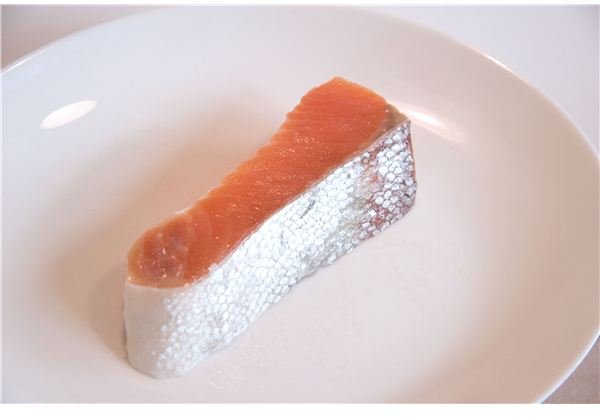What Are Some Salmon Nutrition Facts?
Introduction
With so many countries in danger of having serious issues involving their health and their weight, many people are looking to change the way they eat in order to lose weight or to keep the weight off. There are many different approaches that doctors, companies, and others try to address the health concerns of a nation, but the important thing is making sure that you are putting good things into your body to ensure that it stays healthy and happy.
One of these ways is to, of course, watch what you eat. There are many different foods that bring in the nutrients that our bodies crave and need in order to survive, keeping our defenses up against disease, tissue issues, and can ward off the harmful effects of what we do. Fish is one of those foods that is essential to bringing in some of those nutrients that we don’t normally produce, such as omega 3.
Salmon is a fish product and, like other fish, offers many benefits to our health, but it truly depends on which type of salmon that you decide to eat. Here are some salmon nutrition facts, including why it’s so good for you, what it contains, and why you should consider wild salmon vs. farm-raised salmon.
Salmon Nutrition Facts
So why is salmon so great?
Well, fish in general is quite the healthy food, primarily for the large amounts of omega 3 fatty acids contained within many seafood products. Omega 3 fatty acids have been shown to keep the heart healthy and lower the risk for cardiovascular disease; this acid is something that our bodies do not naturally produce, so it’s important that we consume it in other ways. The term ‘fatty acid’ might make you think that salmon (which is a cold water fish) contains tons of fat; you might be surprised to learn that our bodies do need fat; that is healthy fat.
Healthy fat helps to provide energy sources, plus it keeps our vital organs protected, and provides the main material for our cell membranes.
Salmon itself is very low in calories, with the Atlantic variety carrying 200, while the pink kind (sometimes identified as tuna) only has 130 calories. Salmon also has a high percentage of protein (at 24%), Vitamins A and C, calcium, iron, and has 430mg of potassium.
Wild Raised vs. Farm Raised
As with many of the foods we consume, there is of course a debate about needing to eat the proper equivalents. This usually boils down to the processed vs. organic food, in which organic food is seen to be better as they will not contain any of the chemicals that might be involved with the processed foods. In the same regard, there is a question of which salmon should be consumed, that of the wild or farm-raised.
The difference boils down to the healthy contributions - wild salmon that is caught from the ocean has all of the nutritional value that is mentioned above. Farm-raised salmon, those that are caught and live in a protective environment in order to fattened up for future consumption, have less the nutritional value of their wild counterparts, not to mention that because they are being raised outside of their habitat, they are more likely to be injected with antibiotics and other chemicals to enhance their size and weight.
Conclusion
It’s important that you try to consume salmon and other fish during the week (according to the American Heart Association, two times a week is recommended), but you should make sure that the fish you are consuming is healthy. When cooked, try to avoid excess oils or frying; instead opted for baking or grilling, which helps to keep the nutrients and flavor.
Knowing about salmon nutrition facts helps to not only see why salmon - and that of other seafood - is good for you. The main reason is that of the omega 3 fatty acid, but as you can see, salmon has other important nutrients - vitamins, protein, and potassium. If you are worried about your heart health, especially if you have heart related illness in your family, eating fish will help with lowering the risks for those diseases, along with any other recommended foods that your doctor may list.
References
Federal Drug Administration - Nutrition Facts for Restaurants - Seafood
World’s Healthiest Foods
Image content @ MorgueFile
